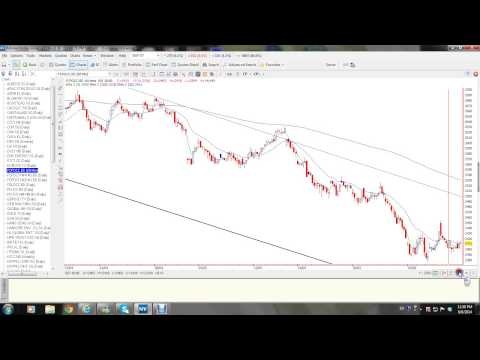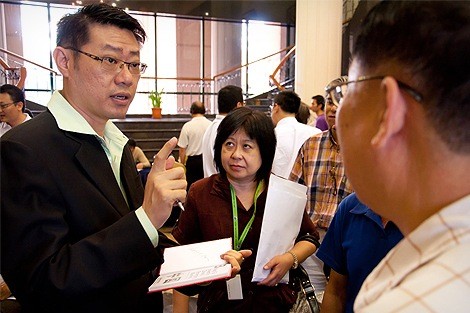Futures Trader Types What Type of Trader Are You Oriental Pacific Futures Futures Broker
Post on: 23 Август, 2015 No Comment

There are many types of futures traders in the market. The style of trading varies for different people and according to many different factors. These factors include reward and risk appetite of the trader, the preferred timing of entering and exiting a position, time frame, goals of the trader and so on.
The Different Type of Traders
Scalper
Scalpers are a specific type of a short-term trader. They are extremely active in the market, and their objective is to reap small profits each time they enter and exit a position in hope to add up to large amounts of profits. Thus, they can enter and exit many positions in a day, depending on market opportunities. At the end of the day, any open positions will be closed.
For example, the trader might buy futures contract several times in the morning if he sees the market on an upward momentum and exits his position as soon as possible if he sees small profits.
On the same day, he may also sell several contracts in the afternoon if he sees the market on a downward trend and exits his position if he sees profits before the market closes for the day.
Position Trader
A position trader is a trader that identifies potential trends that will happen in the future. The trader will hold the contracts for weeks and even months to wait for the price to be on a trend as much as possible to maximize profits.
Because the contracts are held for a longer term period, apart from using technical analysis the trader will also place an emphasis on using fundamental analysis to assess the market.
For example, if the trader believes the government will change its policy soon that will cause an upward trend in the futures market, he will then position himself to buy futures contract s, hold and wait for an upward trend.
Day Trader
As a day trader, one buys and sells futures contracts on the same trading day. The trader will start with no open position, and also end the day with no open position. Any open positions will be closed at the end of the day.
This trading style is somewhat similar to a scalper, however, a day trader makes less trades. They can hold a position for several hours and make as little as 1 or 2 trades a day.
A day trader takes into account any technical or fundamental analysis that will affect prices of the market during the day.
For example, an expected financial report released during the day may affect how the day trader enters a position as well.
Swing Trader
Swing traders are traders who hold their position longer than a day. They may hold contracts from several days to weeks. Unlike position traders who are identifying trends, swing traders identify trend reversals and retracements as points of entry into the market.

These traders use both fundamental and technical analysis to assess the market.
For example, if a swing trader identifies a very strong resistance in the prices, he may deduce that the market may reverse its trend, thus opt to sell futures contracts to benefit from a downward trend.
Hedger
Hedgers are those who enter into the futures contracts to protect themselves from the risk of price movements of the underlying commodity.
Take for example, if a crude palm oil producer believes the price of crude palm oil will increase over the course of several months, he will buy futures contracts to cover the possible loss from price movements from his crude palm oil that is sold at the current price.
Many traders have been profitable at different types of trading styles. As a trader, it is best to stick to one trading style and to master it before moving to another one. Which trading style should you pursue will also have to depend on your personality, patience, and your risk appetite level.
###
www.opf.com.my are included. However, other organizations are invited to link to articles that are available in the public area of the Oriental Pacific Futures’ Learning Resources website. No additional permission is needed for such a link.
WHAT WOULD YOU LIKE TO DO?














